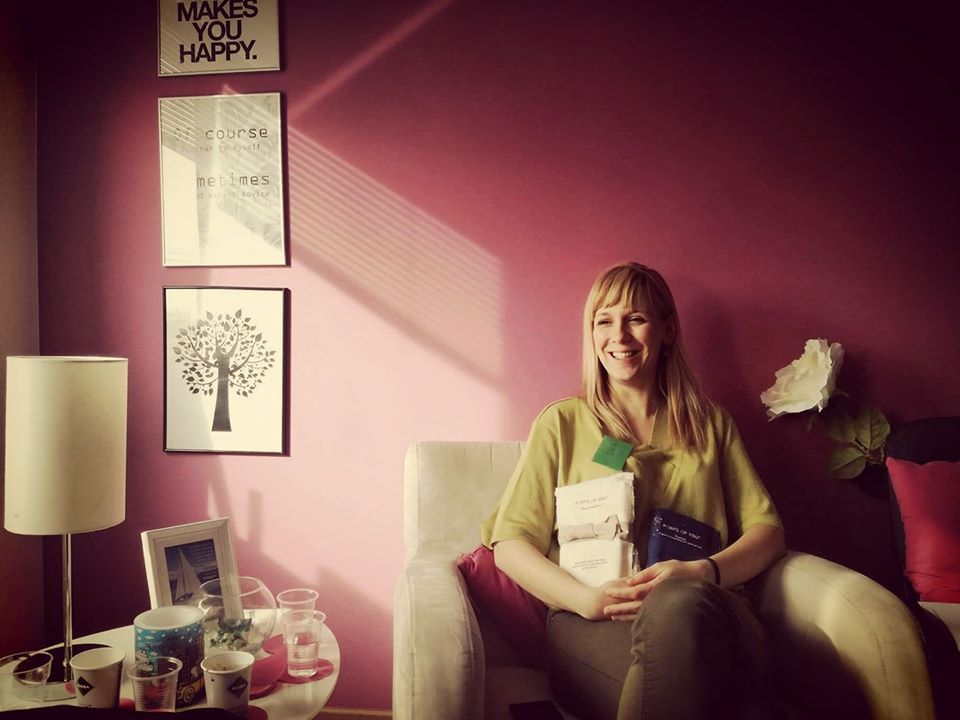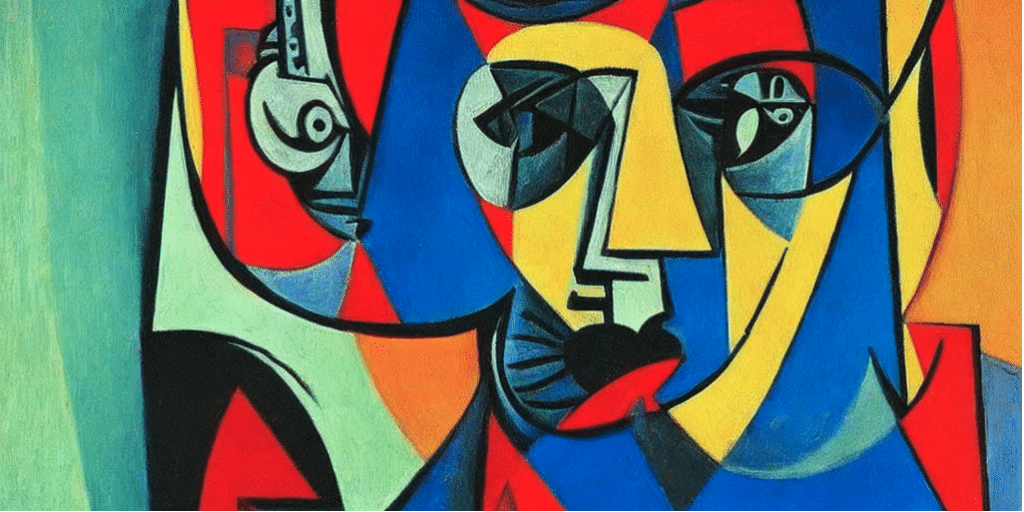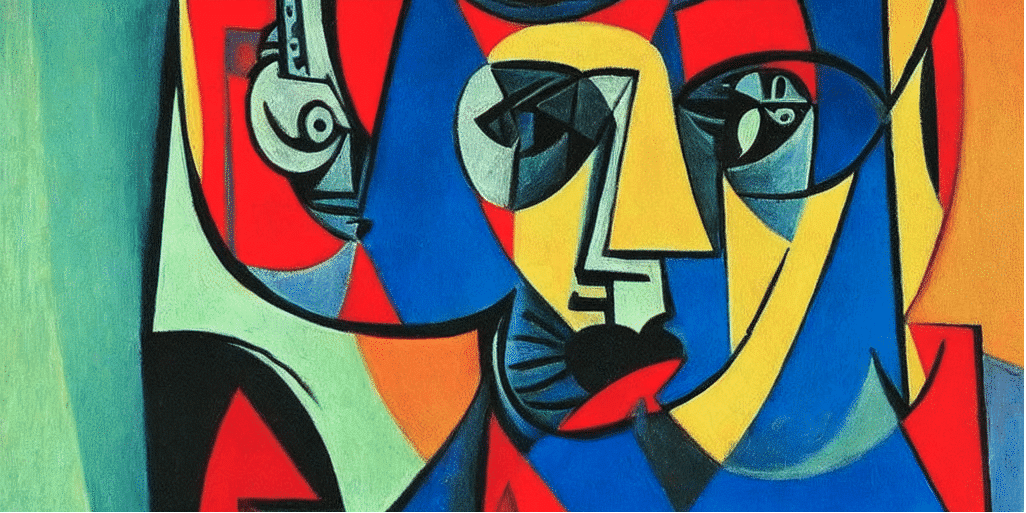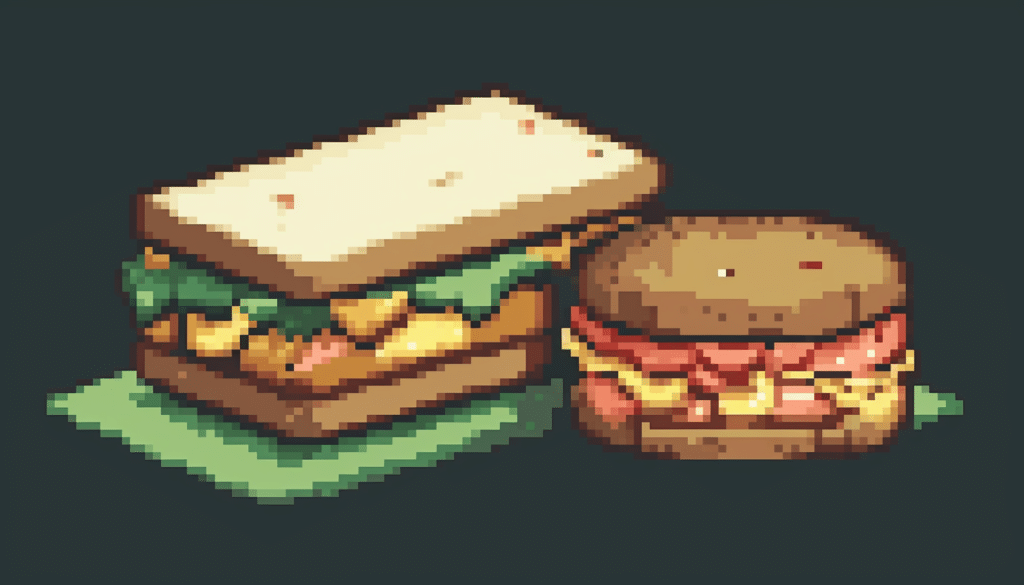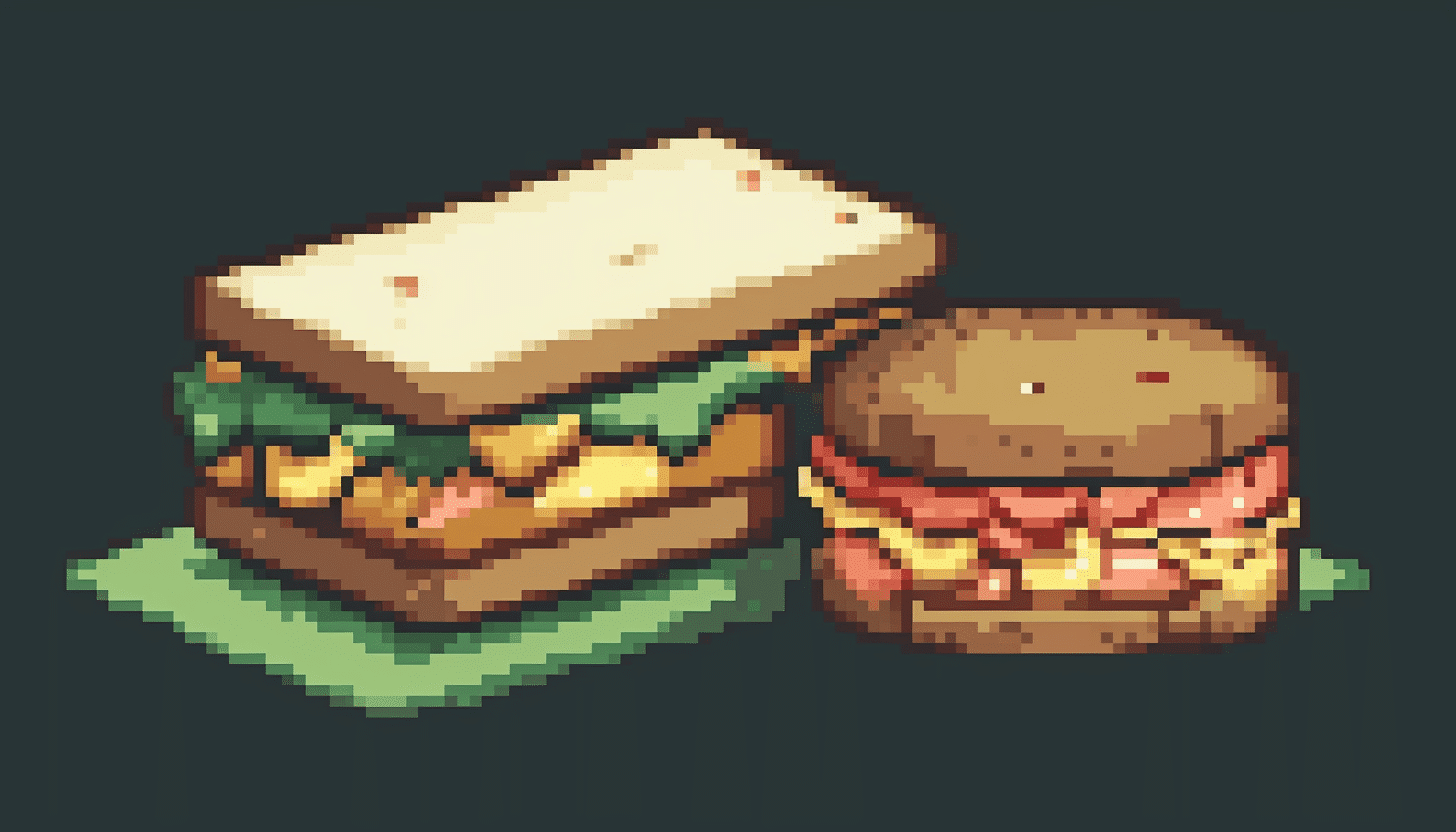
Unconventional advice for accepting difficult emotions
I am glad that learning about our emotions and ways to develop emotional intelligence is becoming popular. I work a lot with young people who come to our meetings with solid knowledge of how to help themselves when faced with difficult emotions. However, there is a catch – knowing how to deal with difficult emotions will not save you from experiencing them. The hardest part is applying that knowledge in practice when you really need it, and often that “knowledge” may not work.
As someone who has been living with chronic illnesses for several years – Hashimoto’s syndrome and hormonal disorder, I have had many opportunities to practice dealing with difficult emotions because they often came without a particular reason. When this happened, I was already a trainer of various personal development practices, so I thought I would easily overcome all these emotional challenges… Of course, I was wrong, because one thing is theory, and another is practice. So, I am sharing with you what did NOT work for me from all those pieces of knowledge, but what did instead.
“Give in to the emotion” – not always the best advice
When you have a hormonal disorder like me, or perhaps face mental health challenges, or are simply a more sensitive person, going through a difficult period, giving in to emotions can last forever (trust me, I know). In the sense that emotion can take total control over you and your life. If you are going through a difficult period, it is okay to give yourself permission to cry and experience the emotions that are present, but that should not last like the novel War and Peace (in the case of loss of loved ones, chronic diseases, and trauma, it is natural for this to last longer!).
At some point, you need to move on with your life, work, and relationships. It’s okay to stop from time to time, not ignore and not suppress the emotions that are present, but in some situations, emotions can completely take over us and our lives, and over time, we somehow completely “merge” with them and our emotional melodrama. At one point, I realized that I had completely identified with sadness, anger, and frustration in my life, and that manifested as continuous self-pity and bitterness, which greatly affected my life in every sense. There is a fine line between experiencing and being with emotions and completely giving control to them. Sometimes you will need the support of a psychotherapist to discern what the healthy boundary is and do not hesitate to seek it!
Don’t look for profound messages that emotions carry
When you have been in the story of personal development, self-work, psychotherapy for a long time, you can easily fall into the trap of “psychologizing” everything you feel. I was a master at that. I would analyze everything I felt to death – why is it here now, what is it trying to tell me, which situation from the past does this emotion remind me of, is it a wound from a relationship with my father or mother, etc., etc. I could literally grow old in these analyses. Recently, I have really started to genuinely apply what I have been teaching others for years, and it is simple (but extremely difficult to apply):
- pause when the emotion appears,
- sincere, childlike, and authentic curiosity to determine where in the body that emotion is,
- and what emotion it is – naming the emotion I feel the strongest (if there are several),
- and simply being with the emotion and giving it space to be there (I often put my hand on the place where I feel the emotion to calm myself).
And the most important step: not engaging in any analysis and looking for reasons and explanations for why I feel what I feel. It seems to me that this last step was what I missed the most in recent years. This last step actually created the most difficulties for me because I would only increase the discomfort for myself and enter into new stories, traps of my mind, not allowing myself to simply fully feel the emotion as it is.
Join our Action-Packed 7-day Resilient Leader Challenge!
Each day presents a unique dare to stop, slow down, notice, feel, and connect. Hit the link 👇 to learn more.
Find what works for you
Regardless of what you have read or what someone tells you – even what I have shared with you, it is essential to develop self-awareness, that is, to get to know yourself and discover what personally works for you. As someone who has had many challenges in life in recent years, everything I did and tried from personal development practices, psychology, and psychotherapy, I tried to find what works for me. That doesn’t mean I think the practices that didn’t suit me are bad, but simply not the best solution for me at this stage of my life. So, if you see that something is just tormenting you and that no matter how open, dedicated, and disciplined you are, it does not yield results and does not help you – give yourself permission to try something else. And that something else may not be a typical self-help or psychotherapy method at all, but a good old-fashioned thing like watching a romantic comedy or talking and crying with your best friend. If it helps you – just go for it!
Stay Connected & Level Up Your Leadership with Bujoo!
Craving for more wisdom on leadership and team building? Sign up for our newsletter now and enjoy weekly nuggets, invigorating exercises, enlightening podcasts, and inspiring stories — your toolkit for becoming a better leader awaits.





